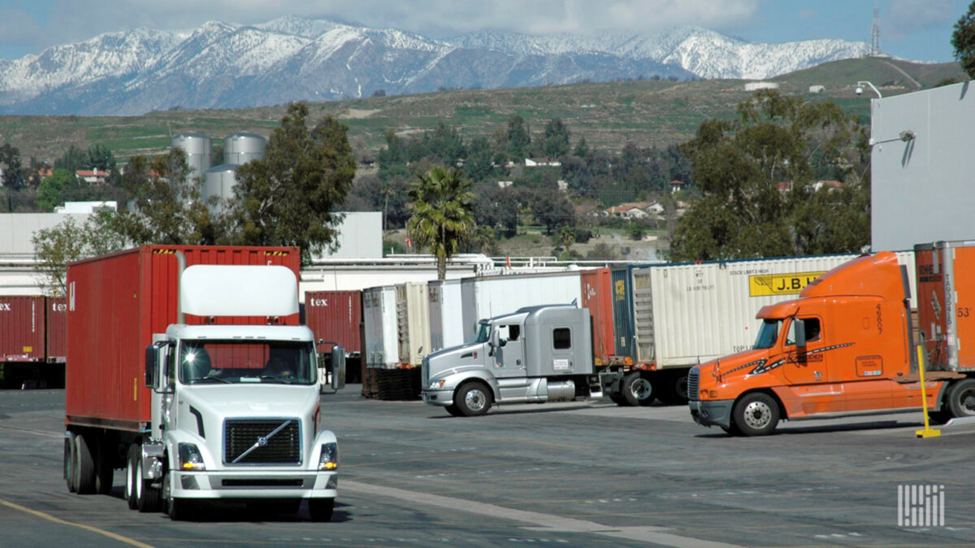
Starting June 1st, 2023 Our warehouse fee will be $0.65/cubic foot per month
In effort to lower the warehouse storage fee during inflation, we have went narrow aisle racking.This construction took us four months but the project is finally completed. With narrow aisle racking, we are able to drop storage by 24%.We as partners will go through this inflation together.
03/30/2023
EPA waiver likely to implement Advanced Clean Fleet rule and move up mandate

Comments are open for the California Clean Fleet rule (Photo: Jim Allen)
California may accelerate the phaseout of diesel-powered trucks, a proposal that includes the acceleration of the target for requiring zero-emission vehicles (ZEVs) in the state's trucking sector to 2036 instead of 2040. The California Air Resources Board has proposed the Advanced Clean Fleet (ACF) rule that sees a phaseout of diesel-powered trucks in the state. CARB still does not have the waiver it needs to make this proposal a reality. The ACF goes hand in hand with the state's Clean Trucks rule, which lays out mandates for manufacturers. The ACF is directed at users. The comment portal for the proposal is open for submission until April 7.
Accelerating the Target for Requiring ZEVs in California's Trucking Sector
The most significant change CARB has introduced in its ACF rule is the move to 2036 as the deadline for requiring zero-emission vehicles (ZEVs) in the state's trucking sector. Under the new rule, starting with that model year, all vehicles produced by manufacturers that are produced and delivered for sale to the ultimate purchaser in California must be ZEVs. CARB still needs the waiver from the federal Environmental Protection Agency for this proposal to be a reality.
Likelihood of Waiver Approval and Two-car Problem
According to a recent article in The Washington Post, the Biden administration is likely to grant waivers to California. The waivers would not deal solely with the ACF; they would also cover new California standards on nitrous oxide emissions, as well as rules regarding warranties. The American Trucking Associations expressed its grave concern over this news as other states have agreed to follow whatever California does. The concern for vehicle manufacturers is the "two-car" problem in meeting tighter regulations in California. Manufacturers have at times agreed with California on tighter emission rules, such as the four-company group that reached a deal in 2019 on tighter auto emissions.
Likelihood of EPA Granting Waiver and CARB Not Asking for a Waiver
Britt Carmon, a transportation analyst in the climate and clean energy program at the Natural Resources Defense Council, said the EPA grant of a waiver is likely. CARB has not yet asked for a waiver to move ahead with the ACF, but Chris Shimoda, the senior vice president for government affairs at the California Trucking Association, said that a waiver is likely to be granted. The waiver granting process requires California to provide evidence showing that the standards they are setting are not arbitrarily set and that there are compelling and extraordinary reasons for setting them, and it is consistent with what Congress authorized in the Clean Air Act.
Amended Rule
The amended rule's primary variation from the initial proposal from October 2022 provides leeway for drayage trucks if it can be shown that recharging infrastructure for ZEV vehicles can't be installed in time to meet the various mandates in the rule. There is also more leeway granted under the revised rule regarding delays in ZEV deliveries for new trucks that have been ordered or damaged.
MintN

Hot News
08/05/2024

Hot News
02/23/2023

Hot News
02/23/2023

Hot News
02/06/2023
Hot News
02/07/2023